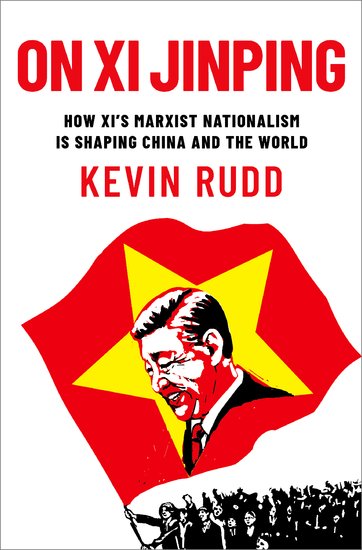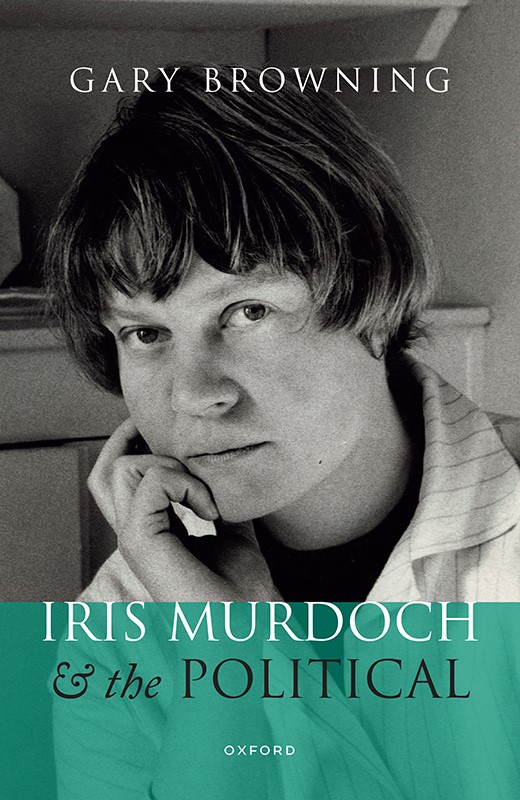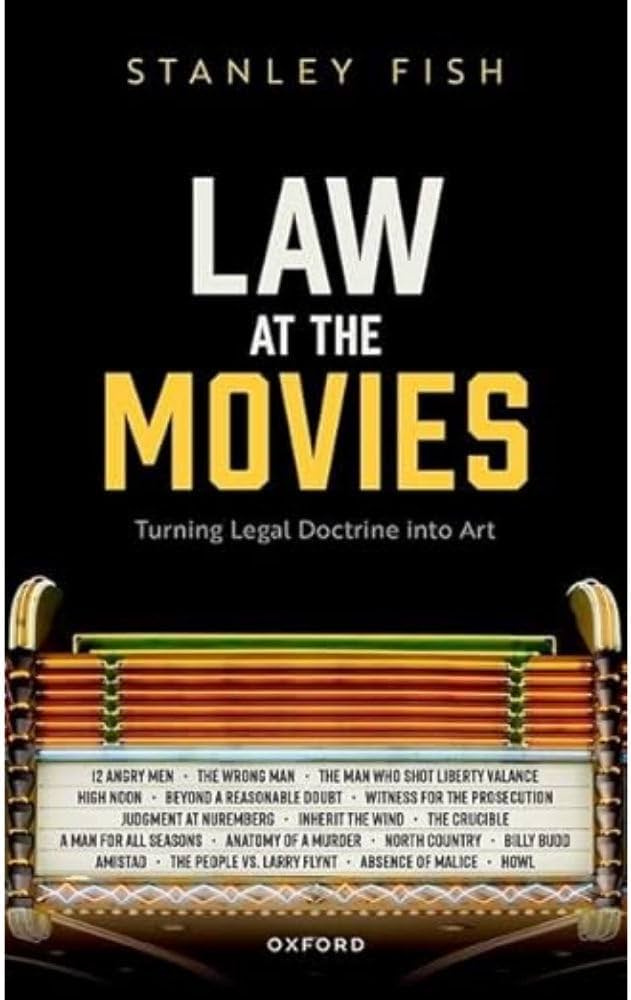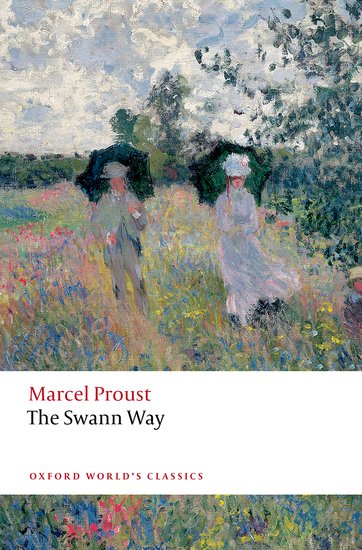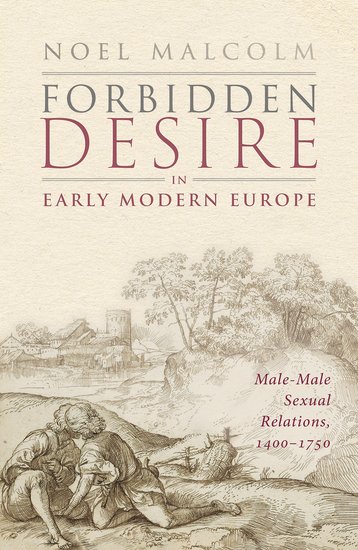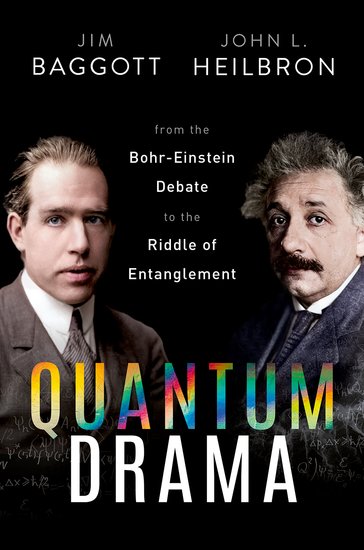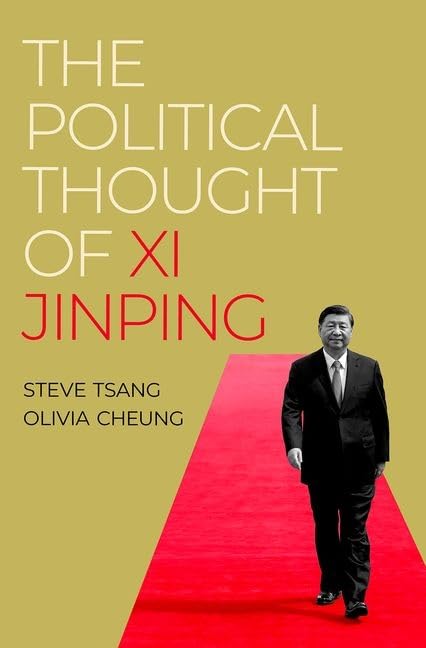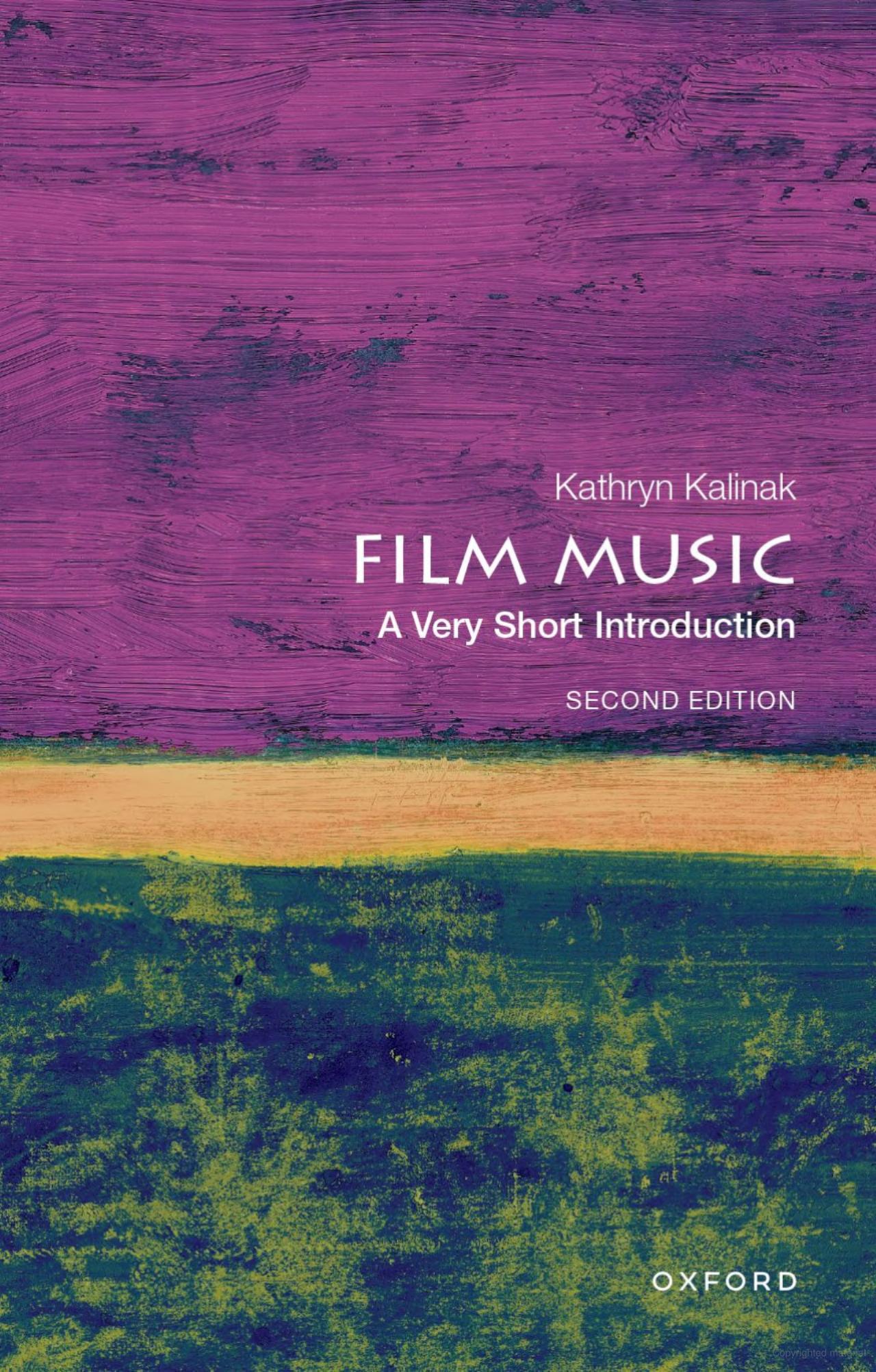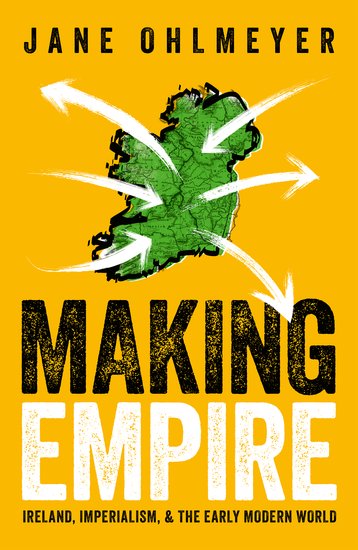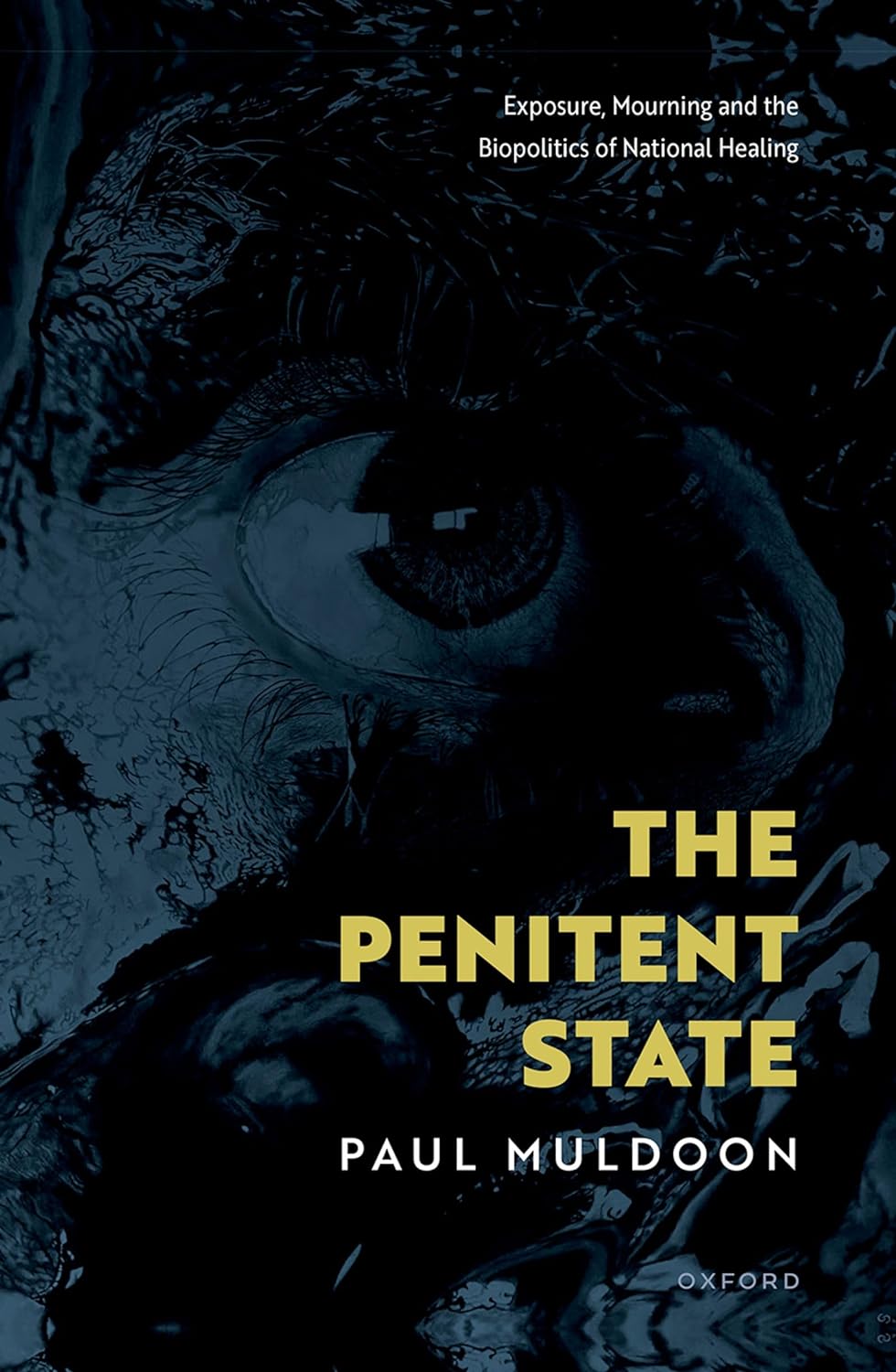Oxford University Press
Film | Theatre | Art | Opera | Music | Television | Festivals
Welcome to ABR Arts, home to some of Australia's best arts journalism. We review film, theatre, opera, music, television, art exhibitions – and more. To read ABR Arts articles in full, subscribe to ABR or take out an ABR Arts subscription. Both packages give full access to our arts reviews the moment they are published online and to our extensive arts archive.
Meanwhile, the ABR Arts e-newsletter, published every second Tuesday, will keep you up-to-date as to our recent arts reviews.
Recent reviews
On Xi Jinping: How Xi’s Marxist Nationalism is shaping China and the world by Kevin Rudd
by Neil Thomas •
Law at the Movies: Turning legal doctrine into art by Stanley Fish
by Richard Leathem •
The Swann Way by Marcel Proust, translated from the French by Brian Nelson
by Felicity Chaplin •
Forbidden Desire in Early Modern Europe: Male-male sexual relations, 1400-1750 by Noel Malcolm
by Miles Pattenden •
Quantum Drama: From the Bohr-Einstein debate to the riddle of entanglement by Jim Baggott and John L. Heilbron
by Robyn Arianrhod •
The Political Thought of Xi Jinping by Steve Tsang and Olivia Cheung
by Geoff Raby •
Film Music: A very short introduction, Second Edition by Kathryn Kalinak
by Richard Leathem •
Making Empire: Ireland, imperialism, and the early modern world by Jane Ohlmeyer
by Ronan McDonald •

